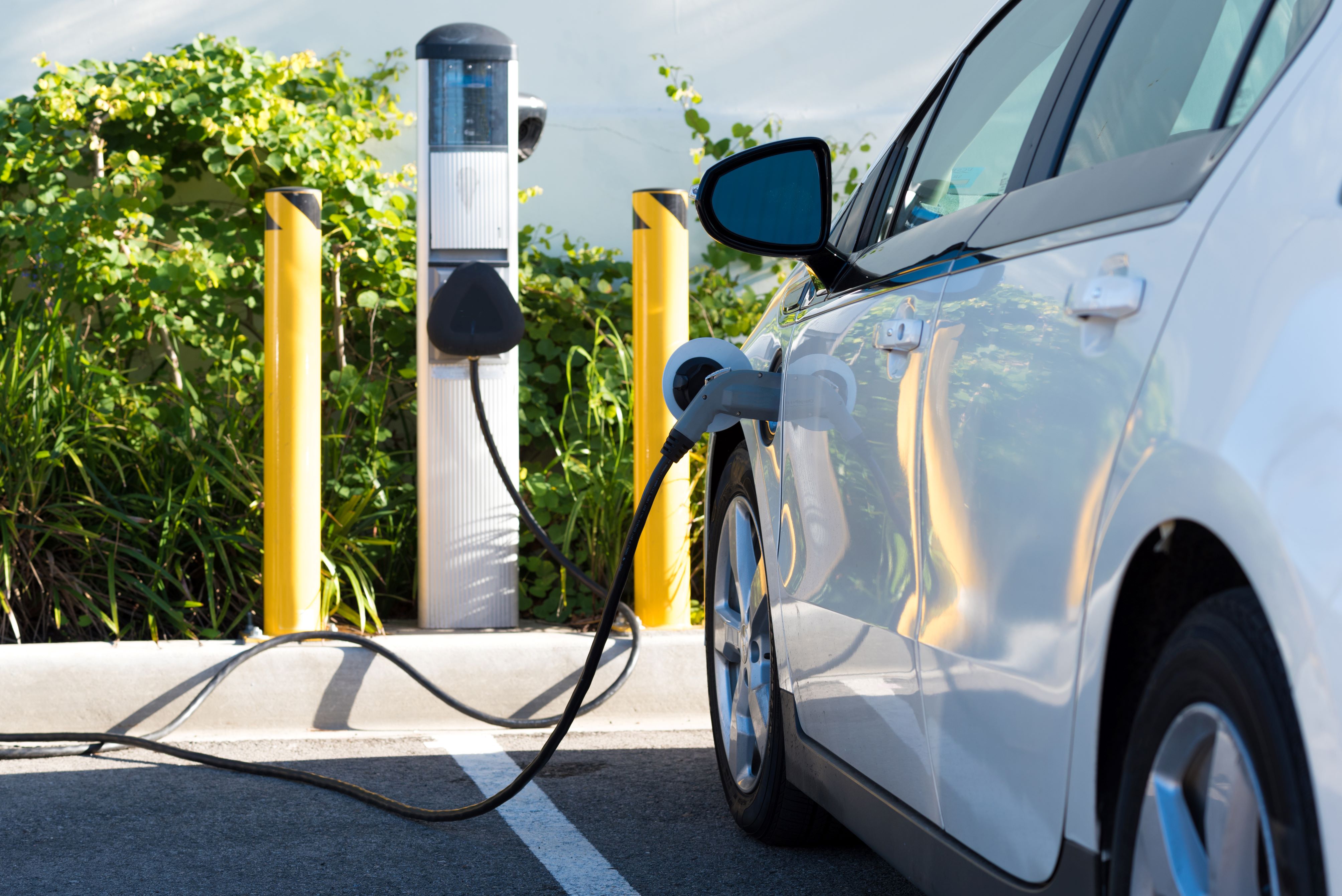
The UK automotive industry has recorded its most successful September since 2020, with strong numbers for manufacturing, production and growth across the sector.
However, the Society of Motor Manufacturers and Traders (SMMT) has also called for “urgent action” on Brexit export tariffs on electric vehicles, warning that the incoming rules could harm the UK’s exports to the EU and elsewhere.
Sector growth
The SMMT said that the UK car making industry grew by 39.8% in September, with over 88,230 new cars produced last month.
This rise in production was fuelled by a 32.2% increase in exports, with almost six in 10 going to the EU.
The SMMT said September was a “triple success for the sector”, since last month was the strongest month of growth in 2023, was the best September since 2020 and saw UK car production reach 659,901 units in the year-to-date – 14.9% above the same period in 2022.
‘Good news’
Mike Hawes, CEO of SMMT, said that this was “good news” for the UK, given that the automotive sector supports thousands of jobs and billions of pounds of investment, but warned that more was needed to avoid the impending tariff cliff-edge.
As reported previously by the Daily Update, producers of electronic vehicles are facing looming increases on tariffs for the import of car parts under the UK-EU Trade and Cooperation Agreement (TCA).
Hawes said:
“Given the increasing importance of electrified car production, the first and urgent step is for the UK and EU to agree to delay the tougher rules of origin requirements that are due imminently.
“This would give the necessary breathing space for automotive sectors on both sides of the Channel to scale up gigafactories and green supply chains, both of which are essential for a stable, long-term transition.”
As it stands, at least 40% of the value of any electric car should originate from the EU or UK in order to avoid a 10% tariff, with this number set increase to 45% from 1 January 2024.
UK manufacturers have urged for these incoming rules to be paused or modified.
EU action
EU carmakers also called for action on the European side, with 13 manufacturers writing to European Commission (EC) president Ursala von der Leyen, urging her to postpone the rules of origin requirements.
Signatories to the letter, including Renault, Mercedes Benz and Volvo, say that “if things stay as they are, 90% of our EV exports to the UK will be subject to tariffs next year, leading inevitably to lost market share to global competitors and lost EV production in the EU”.
The letter also warns that it could cost EU vehicles makers up to €4.3bn over the next the years.



